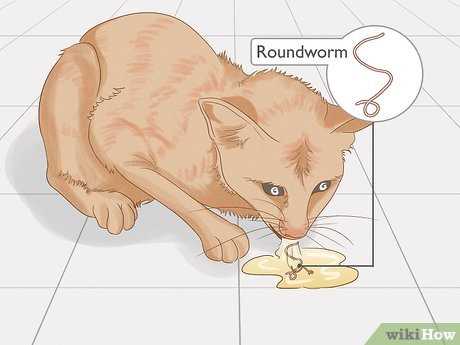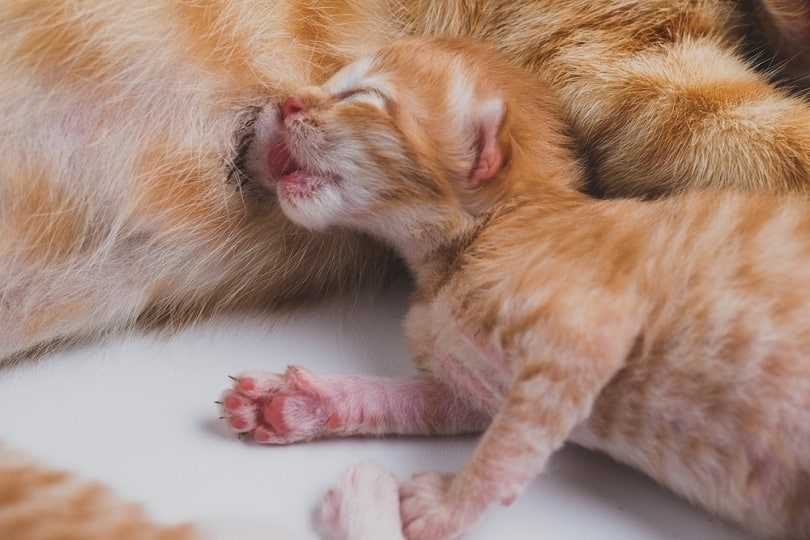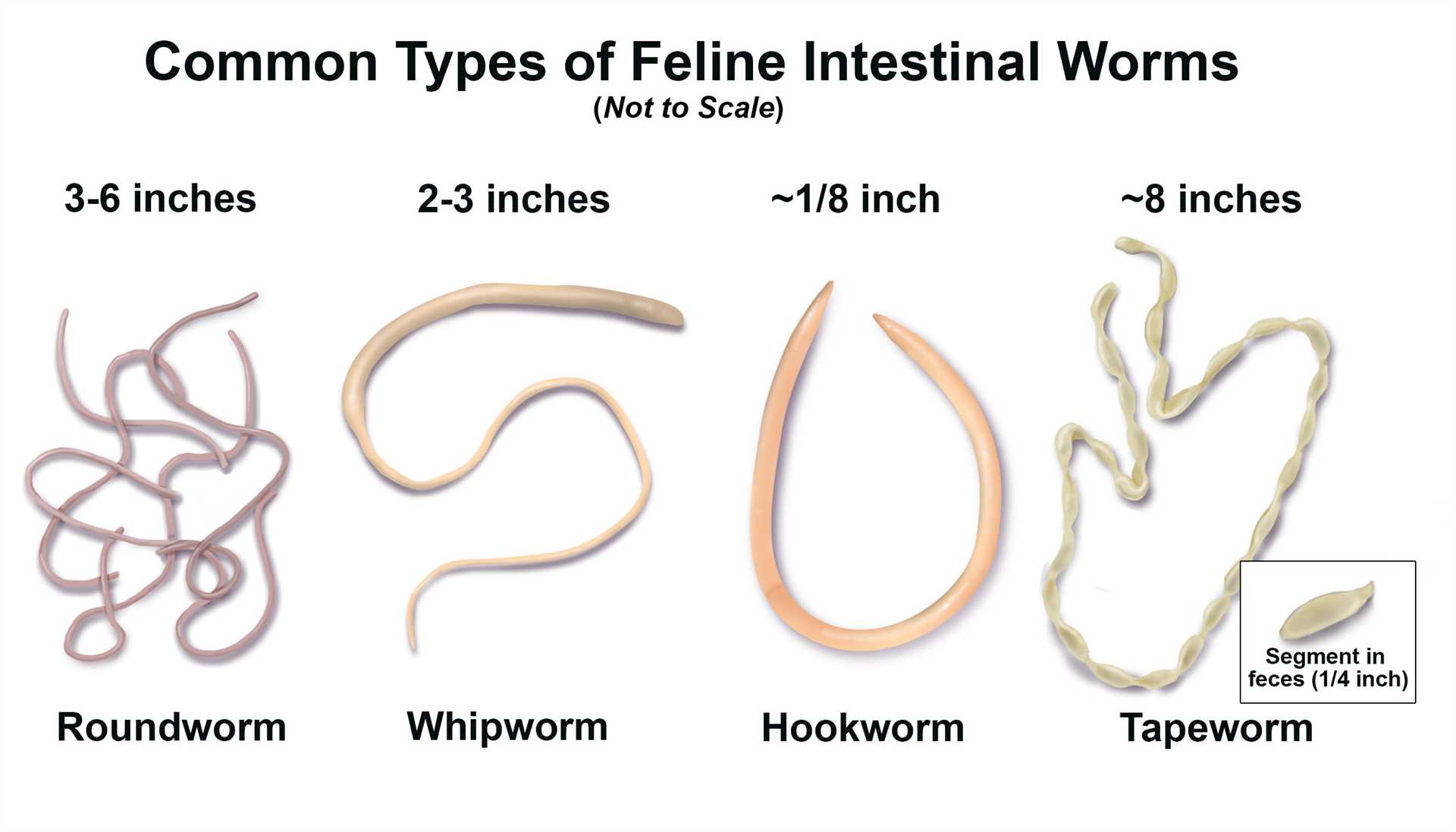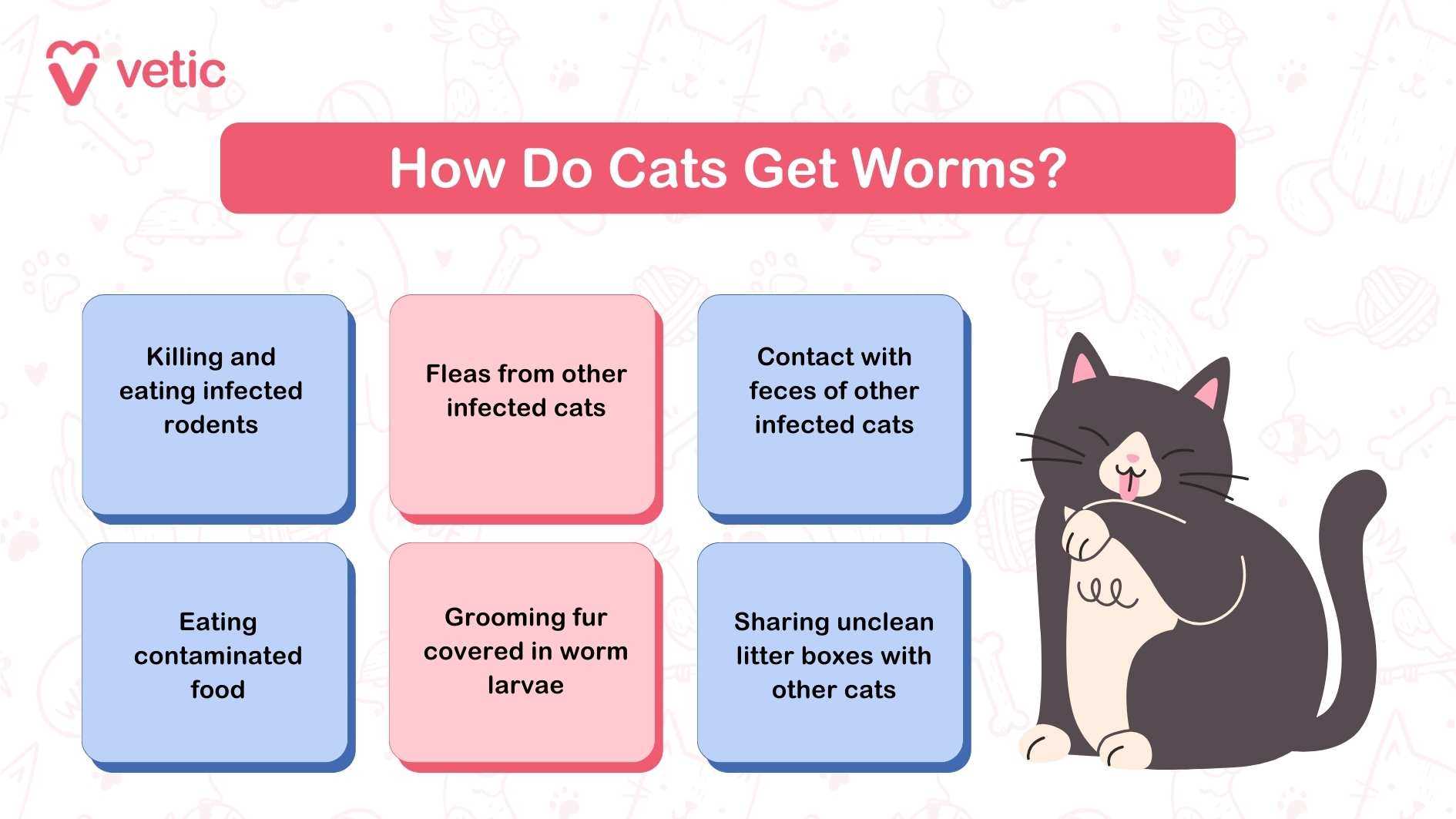

Right off the bat, I want to assure you that many young felines can indeed arrive in this world harboring parasites. Research shows that a significant percentage of these little ones may have them due to maternal transmission during pregnancy or nursing. This means that if a mother has an infestation, her offspring are at a high risk of being affected.
As a responsible owner, it’s crucial to monitor their health closely. Regular veterinary check-ups are a must, as your little friend might not show symptoms until the infestation becomes severe. A vet can perform specific tests to identify any unwanted guests and provide appropriate treatment to keep your furry companion healthy.
Additionally, preventive measures play a key role in maintaining your kitten’s well-being. Implementing a routine deworming schedule as recommended by your veterinarian can significantly reduce the chances of an infestation. Healthy habits, like keeping their environment clean and providing a balanced diet, are also essential for their overall health.

Understanding the Common Types of Worms in Newborn Kittens

Newborn felines frequently encounter various types of parasites, primarily due to their immature immune systems. The most prevalent types include roundworms, hookworms, and tapeworms. Roundworms, a common issue, can be transmitted from the mother during pregnancy or through her milk. They can lead to significant health problems if left untreated.
Hookworms, while less common, pose a serious threat as they attach to the intestinal wall and feed on blood, causing anemia and weakness in tiny bodies. These parasites can also be passed from the mother, making early detection vital.
Tapeworms, often identified by segments appearing in feces, are usually contracted through ingesting infected fleas or rodents. These worms can disrupt nutrient absorption and lead to weight loss, even in well-fed kittens.
Regular deworming schedules should be established with the help of a veterinarian to ensure the health of young felines. It’s also essential to maintain a clean environment to reduce the risk of reinfection. For those wondering about dietary considerations, check can cats eat duck for insights that might help in choosing appropriate nutrition.
Signs of Worm Infestations in Young Kittens and When to Seek Treatment

Look for weight loss despite a good appetite. This can indicate an internal parasite issue. Additionally, observe the coat; a dull or unkempt appearance may be a sign of worms. Diarrhea, especially if it’s persistent or contains blood, is another red flag. Pay attention to vomiting, particularly if it includes worms or looks unusual. Cats may also exhibit lethargy or a general lack of energy, which can signal an infestation. If you notice your little friend excessively grooming or showing signs of discomfort, it’s time to act.

If any of these symptoms arise, consult a vet promptly. Early intervention is key to preventing complications. Regular check-ups can help catch infestations before they escalate. Keeping an eye on litter box habits is essential; any changes in urination patterns, such as peeing outside the box, can indicate health issues. For help on addressing litter box problems, check out how to make cat stop peeing in house.
Monitoring behavior changes is vital. If your furry companion seems less playful or hides more than usual, don’t hesitate to seek advice from a professional. Remember, vigilance and prompt action can ensure your kitten stays healthy and happy.
Right off the bat, I want to assure you that many young felines can indeed arrive in this world harboring parasites. Research shows that a significant percentage of these little ones may have them due to maternal transmission during pregnancy or nursing. This means that if a mother has an infestation, her offspring are at a high risk of being affected.
As a responsible owner, it’s crucial to monitor their health closely. Regular veterinary check-ups are a must, as your little friend might not show symptoms until the infestation becomes severe. A vet can perform specific tests to identify any unwanted guests and provide appropriate treatment to keep your furry companion healthy.
Additionally, preventive measures play a key role in maintaining your kitten’s well-being. Implementing a routine deworming schedule as recommended by your veterinarian can significantly reduce the chances of an infestation. Healthy habits, like keeping their environment clean and providing a balanced diet, are also essential for their overall health.

Understanding the Common Types of Worms in Newborn Kittens

Newborn felines frequently encounter various types of parasites, primarily due to their immature immune systems. The most prevalent types include roundworms, hookworms, and tapeworms. Roundworms, a common issue, can be transmitted from the mother during pregnancy or through her milk. They can lead to significant health problems if left untreated.
Hookworms, while less common, pose a serious threat as they attach to the intestinal wall and feed on blood, causing anemia and weakness in tiny bodies. These parasites can also be passed from the mother, making early detection vital.
Tapeworms, often identified by segments appearing in feces, are usually contracted through ingesting infected fleas or rodents. These worms can disrupt nutrient absorption and lead to weight loss, even in well-fed kittens.
Regular deworming schedules should be established with the help of a veterinarian to ensure the health of young felines. It’s also essential to maintain a clean environment to reduce the risk of reinfection. For those wondering about dietary considerations, check can cats eat duck for insights that might help in choosing appropriate nutrition.
Signs of Worm Infestations in Young Kittens and When to Seek Treatment

Look for weight loss despite a good appetite. This can indicate an internal parasite issue. Additionally, observe the coat; a dull or unkempt appearance may be a sign of worms. Diarrhea, especially if it’s persistent or contains blood, is another red flag. Pay attention to vomiting, particularly if it includes worms or looks unusual. Cats may also exhibit lethargy or a general lack of energy, which can signal an infestation. If you notice your little friend excessively grooming or showing signs of discomfort, it’s time to act.

If any of these symptoms arise, consult a vet promptly. Early intervention is key to preventing complications. Regular check-ups can help catch infestations before they escalate. Keeping an eye on litter box habits is essential; any changes in urination patterns, such as peeing outside the box, can indicate health issues. For help on addressing litter box problems, check out how to make cat stop peeing in house.
Monitoring behavior changes is vital. If your furry companion seems less playful or hides more than usual, don’t hesitate to seek advice from a professional. Remember, vigilance and prompt action can ensure your kitten stays healthy and happy.
Right off the bat, I want to assure you that many young felines can indeed arrive in this world harboring parasites. Research shows that a significant percentage of these little ones may have them due to maternal transmission during pregnancy or nursing. This means that if a mother has an infestation, her offspring are at a high risk of being affected.
As a responsible owner, it’s crucial to monitor their health closely. Regular veterinary check-ups are a must, as your little friend might not show symptoms until the infestation becomes severe. A vet can perform specific tests to identify any unwanted guests and provide appropriate treatment to keep your furry companion healthy.
Additionally, preventive measures play a key role in maintaining your kitten’s well-being. Implementing a routine deworming schedule as recommended by your veterinarian can significantly reduce the chances of an infestation. Healthy habits, like keeping their environment clean and providing a balanced diet, are also essential for their overall health.

Understanding the Common Types of Worms in Newborn Kittens

Newborn felines frequently encounter various types of parasites, primarily due to their immature immune systems. The most prevalent types include roundworms, hookworms, and tapeworms. Roundworms, a common issue, can be transmitted from the mother during pregnancy or through her milk. They can lead to significant health problems if left untreated.
Hookworms, while less common, pose a serious threat as they attach to the intestinal wall and feed on blood, causing anemia and weakness in tiny bodies. These parasites can also be passed from the mother, making early detection vital.
Tapeworms, often identified by segments appearing in feces, are usually contracted through ingesting infected fleas or rodents. These worms can disrupt nutrient absorption and lead to weight loss, even in well-fed kittens.
Regular deworming schedules should be established with the help of a veterinarian to ensure the health of young felines. It’s also essential to maintain a clean environment to reduce the risk of reinfection. For those wondering about dietary considerations, check can cats eat duck for insights that might help in choosing appropriate nutrition.
Signs of Worm Infestations in Young Kittens and When to Seek Treatment

Look for weight loss despite a good appetite. This can indicate an internal parasite issue. Additionally, observe the coat; a dull or unkempt appearance may be a sign of worms. Diarrhea, especially if it’s persistent or contains blood, is another red flag. Pay attention to vomiting, particularly if it includes worms or looks unusual. Cats may also exhibit lethargy or a general lack of energy, which can signal an infestation. If you notice your little friend excessively grooming or showing signs of discomfort, it’s time to act.

If any of these symptoms arise, consult a vet promptly. Early intervention is key to preventing complications. Regular check-ups can help catch infestations before they escalate. Keeping an eye on litter box habits is essential; any changes in urination patterns, such as peeing outside the box, can indicate health issues. For help on addressing litter box problems, check out how to make cat stop peeing in house.
Monitoring behavior changes is vital. If your furry companion seems less playful or hides more than usual, don’t hesitate to seek advice from a professional. Remember, vigilance and prompt action can ensure your kitten stays healthy and happy.









